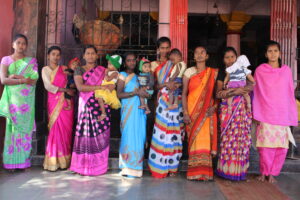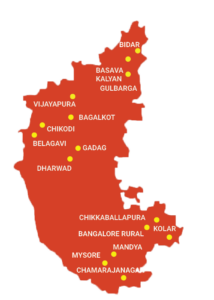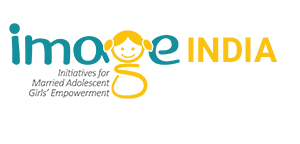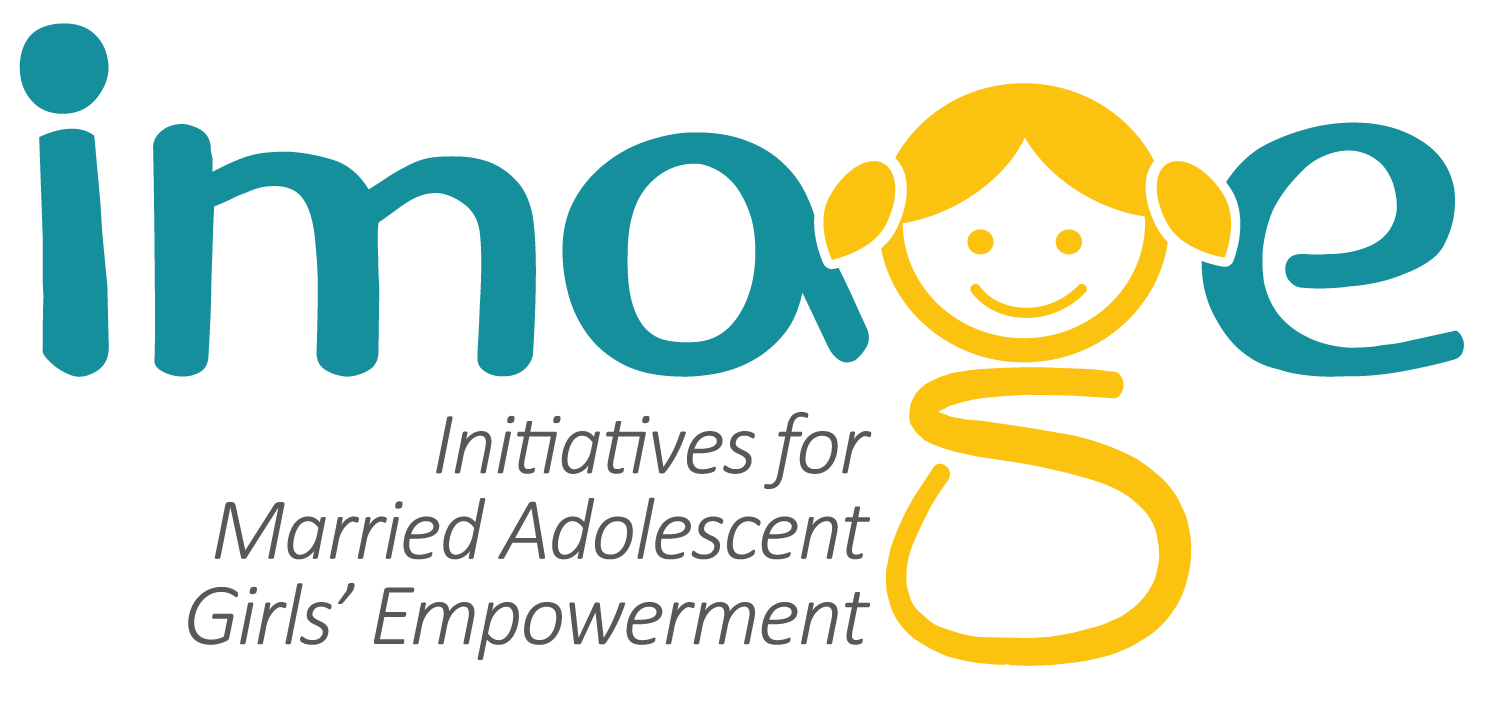IMAGE India History
Taking inspiration from IMAGE project in Bangladesh, supported by Royal Netherlands Embassy Dhaka, IMAGE project was started in India.
It all started in 2018, when the Netherlands-based funding agency Terre des Hommes-Netherlands, deliberated upon supporting victims of child marriage in Karnataka, India with the assistance of its various NGO partners. With an ambitious aim to support girl children who are victims of child marriage, the IMAGE programme was instituted byTdH-NL and its partner NGOs. They have taken up a responsibility that could be life changing; both for the early married girls targetted and the 'at-risk' girls population across India. With a deep understanding of the target population, their situation and the status of child marriage at large, the coalition members aim to ensure that their work reaps effective results.
Introduction to IMAGE INDIA
 Initiatives for Married Adolescent Girls’ Empowerment (IMAGE) is a unique intervention focusing on the SRHR and other developmental aspects of early married girls (EMGs) like Health & Nutrition, Education, Against Gender Based Violence (GBV) and Social Protection. IMAGE is the first known intervention that focuses on social issues of the EMGs who were in the age cohort of 13 to 16 years at the start of the project. Their issues - physical and mental trauma experienced by child wives and mothers, never received the deserved attention due to preoccupation of efforts on prevention of child marriages by government.
Initiatives for Married Adolescent Girls’ Empowerment (IMAGE) is a unique intervention focusing on the SRHR and other developmental aspects of early married girls (EMGs) like Health & Nutrition, Education, Against Gender Based Violence (GBV) and Social Protection. IMAGE is the first known intervention that focuses on social issues of the EMGs who were in the age cohort of 13 to 16 years at the start of the project. Their issues - physical and mental trauma experienced by child wives and mothers, never received the deserved attention due to preoccupation of efforts on prevention of child marriages by government.
 The project is implemented by a consortium formed with 6 civil society organisation in 5 districts of Karnataka, with the support of Terre des Hommes, Netherlands (TdH-NL). It covers identified 3077 girls who were married before the age of 18 years with the overall objective of empowering EMGs towards Social and Economical Independence by Collectively Involving Government, CSOs’ and Community to be responsible in addressing the needs towards sustainability. The specific project objectives are;
The project is implemented by a consortium formed with 6 civil society organisation in 5 districts of Karnataka, with the support of Terre des Hommes, Netherlands (TdH-NL). It covers identified 3077 girls who were married before the age of 18 years with the overall objective of empowering EMGs towards Social and Economical Independence by Collectively Involving Government, CSOs’ and Community to be responsible in addressing the needs towards sustainability. The specific project objectives are;
- To facilitate available health and social security services to early married girls and prevent from gender based violence & adolescent pregnancy.
- To facilitate increased access for early married girls to secondary education and job-oriented vocational trainings.
The strategies of the project is categorised in three - Prevention, Provision and Promotion and the major actors of the project are Early Married Girls, Families and Communities, Government and Civil Society Organisations. The consortium is lead and implemented at Bidar by Vidyanikethan and other implementing partners are SEVAK - Belgaum, REACH - Bagalkot, PMSR - Chamrajanagara and ARPANAM/TdH NL - Chikkaballapura. Funded and technical support provided by TdH-NL and Child Right Trust supports the partners in enhancing their capacity on child rights and state level advocacy and lobbying with the stakeholders and Government departments. The project is currently implemented in 13 blocks covering 109 panchayats of 5 districts in the state of Karnataka.
The initial findings of the project says that out of identified 3077 EMGs, 24 are seperated , 22 are widowed and 5 are living alone, which shows that not only the marriage at adolescent age is burden and depression to the girls but it also doubled due to the changes in marital status.
The project creates lasting behaviour changes of EMGs, their spouses and their families. The general public and media are enabled to understand the rights of adolescent EMGs and the subsequent need to protect these girls from harmful circumstances.

